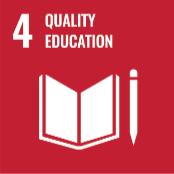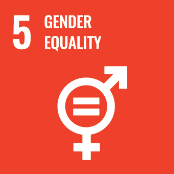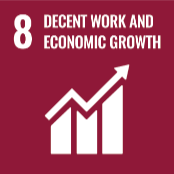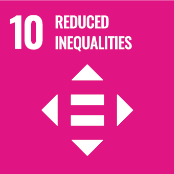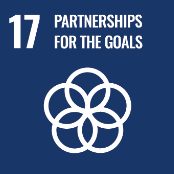Despite our increasingly globalized world, there has been a concerning trend towards polarization and division, perpetuating inequality and social injustice in our communities. The World Inequality Report 2022 highlights the stark income disparities globally, with the bottom 50% earning less than 15% of total earnings in every major region except Europe. Meanwhile, the wealthiest 10% captures over 40% of earnings, and in many regions, closer to 60%. This extreme concentration of economic power is a significant driver of growing inequality. Furthermore, gender inequalities persist both globally and within countries. Women's share of total labor income has seen slow progress over the past 30 years, with women earning less than 35% of total income, highlighting the urgent need for gender equality and equal pay. The OHCHR Report 2022 emphasizes that promoting and protecting human rights is crucial for advancing the 2030 Agenda and the Sustainable Development Goals. The COVID-19 pandemic has exacerbated poverty, inequality, and discrimination, with increased violence against women and disruptions to education access. Human-induced climate change has also contributed to adverse impacts, hindering SDG achievement and necessitating efforts to address climate-related displacement and protect environmental human rights defenders. Addressing these challenges requires profound policy changes. It is essential to prioritize redistributive policies, combat discrimination, and ensure human rights are protected. By actively promoting a renewed social contract anchored in human rights, we can strive for a more equitable and just society.
Audit human rights and occupational safety standards in our supply chain while increasing the diversity of our workplace and promoting inclusive cycling initiatives in various communities.
